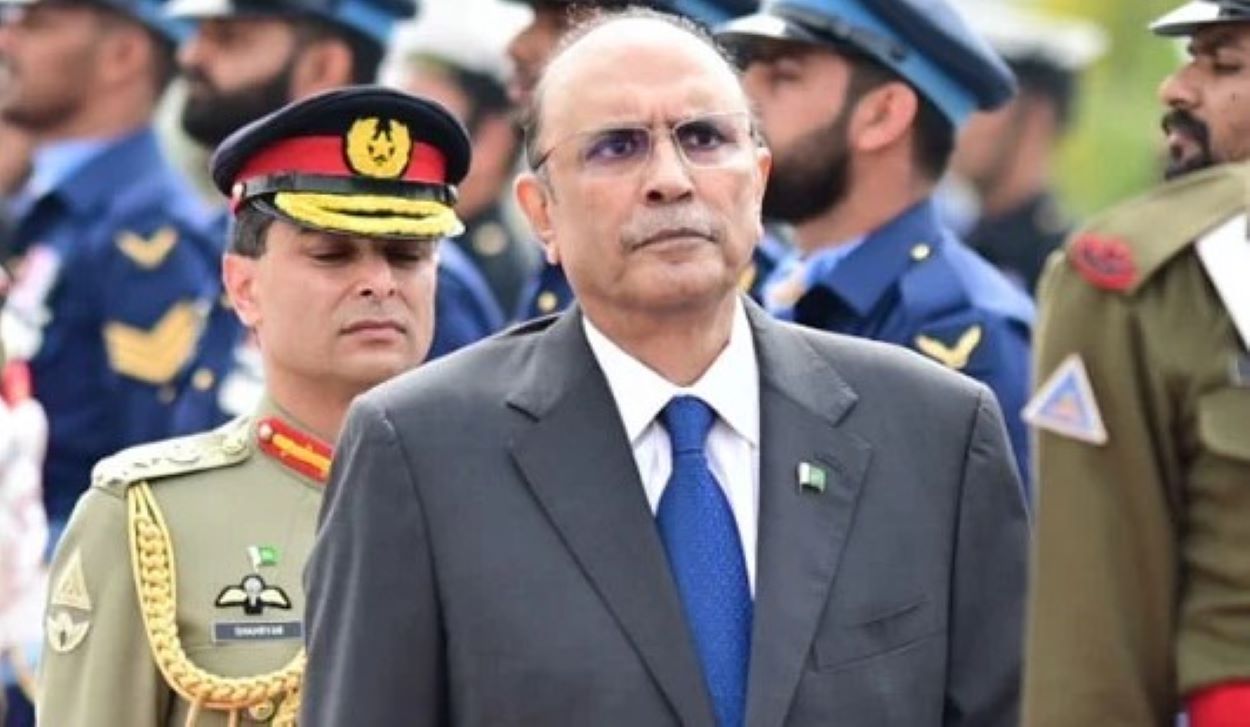President Asif Ali Zardari ratified the madrassa registration bill on Sunday, resolving long-standing discord with the Jamiat Ulema-e-Islam-Fazl (JUI-F).
The National Assembly Secretariat later announced that seminaries must register under the Societies Act. Furthermore, President Zardari issued an ordinance to modify the Societies Registration Act 2024, enabling madrassas in Islamabad to register with either the Ministry of Education or the Ministry of Industries.
After resolving issues with JUI-F, the federal cabinet recently approved the changes to the Societies Registration Act 1860.
Prime Minister Shehbaz Sharif and JUI-F chief Maulana Fazlur Rehman reached an agreement that led to the cabinet’s approval. According to Fazl, the contentious madrassa bill, previously passed by both parliamentary houses, was essential for the religiopolitical party’s support of the 26th Amendment. President Zardari’s endorsement was needed for the bill’s enactment after he initially returned it due to legal concerns.
The Society Registration (Amendment) Act 2024 has become law after receiving the signature of the President of Pakistan. Following the advice of PM Shehbaz, President Zardari approved the summary related to the bill.#nukta #nuktapakistan #madrassa #zardari #pmshehbaz pic.twitter.com/eQhNFn4lZM
— Nukta Pakistan (@NuktaPakistan) December 29, 2024The now-enacted law revises madrassa registration procedures, affiliating institutions with the industries ministry rather than the education ministry.
Previously, President Zardari had voiced eight objections to the bill, fearing that registration under the Societies Act could trigger sanctions from the Financial Action Task Force (FATF), Generalised Scheme of Preferences Plus (GSP+), and others, potentially harming Pakistan’s international reputation and internal stability.
Read: JUI-F Threatens March Over Madrassa Registration Bill Delays
President warned that such registration could exacerbate sectarianism and degrade law and order by increasing the number of seminaries within the same community. The president also noted contradictions in the madrassa definition across various bill provisions and expressed concerns about the potential misuse of registered madrassas for non-educational purposes. He urged lawmakers to consider international implications when drafting legislation related to religious seminaries.






